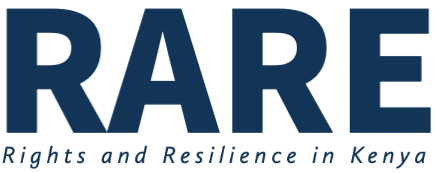The project addresses four closely related research questions, which define its four Work Packages:
- How do land use- and mobility patterns change as pastoralists adapt, and what are the implications for their land needs?
- How do conflicting land claims affect pastoralist adaptation strategies, and what are the statutory and non-statutory mechanisms for dealing with them?
- How do land law reforms and changing land rights affect pastoralist adaptation strategies?
- How can international, national, and local institutions best support pastoralists’ land access and deal with conflicting land claims related to climate change adaptation?
RARE examines these questions by joining two bodies of knowledge and research experience, which so far have been studied separately: Studies on climate change adaptation and resilience; and studies on land access and property rights. The project thereby adds new analytical perspectives to resilience and adaptation studies while also contributing to land and property studies with knowledge on how climate change adaptation affects land rights and land conflicts.
The project aims at producing and disseminating insights and increase capacities that can help policy makers and practitioners in their attempts to (1) improve land use policies and land use planning, (2) prevent conflicting land claims from erupting into violence, (3) manage land rights in support of pastoralists and other land users’ adaptation and (4) identify and apply innovative approaches to land rights for adaptation.
RARE is a collaboration between University of Copenhagen (UCPH), University of Nairobi (UoN), Danish Institute of International Studies (DIIS), Roskilde University (RUC), and International Livestock Research Institute (ILRI).
